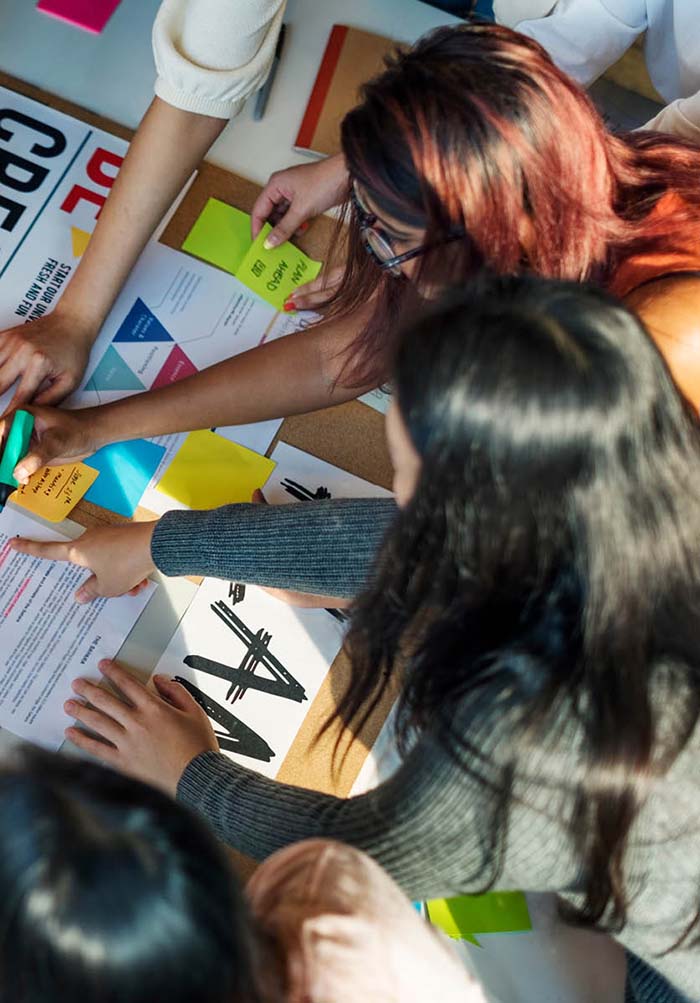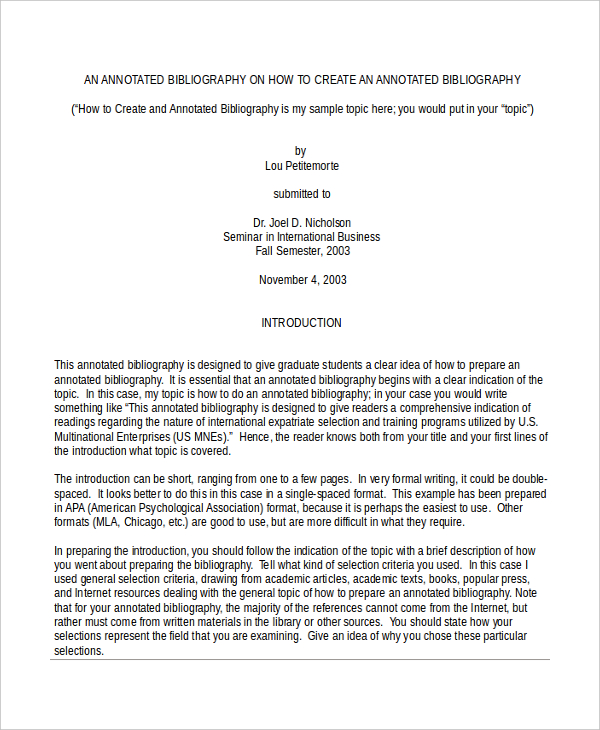

The Youth Work eLearning Partnership (YWeLP) was an Erasmus+-funded project among five countries (Australia, Estonia, Finland, Ireland and Northern Ireland) that ran from 2017 to 2019. More of the project’s results as well as its impressive impact can be found on the website.

Example of non formal education in the philippines how to#
The Non4mal 4 All project taught teachers how to use adapted games, non-formal and extracurricular activities to include all students in the group activities, despite their individual special needs.

In many cases, these students’ participation in school only amounted to their physical presence there, with them being mostly excluded from the social life of the school group. This project addressed the challenge of including students with disabilities in mainstream schools. Νon-formal activities for inclusive groups of students – “Non4mal 4 All” – was an Erasmus+-funded project involving six countries (Estonia, Hungary, Norway, Portugal, Romania and Turkey), which took place from 2016 to 2018. Non-Formal Activities for Inclusive Groups of Students This article presents three successful European initiatives that embrace non-formal learning. Αs the aims of non-formal education are broad and diverse, a large variety of non-formal learning activities are available. It can happen in school, in the form of extracurricular clubs, and outside of formal education, for example in sports teams. Non-formal education refers to learning that happens outside of the mandatory curriculum teaching and learning time.


 0 kommentar(er)
0 kommentar(er)
